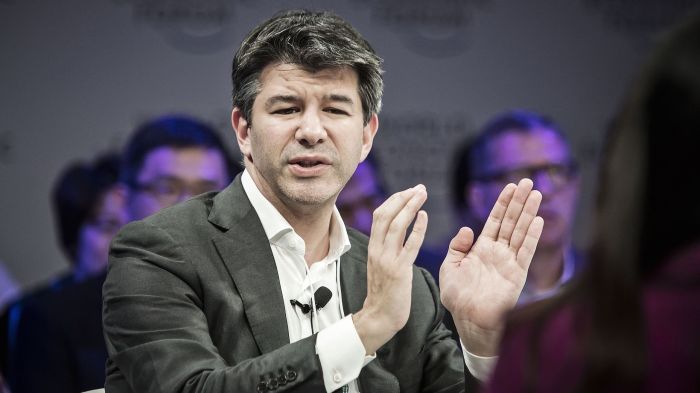
In its home market, the U.S., Uber certainly is well ahead of chief rival Lyft, in fundraising as well as market share. Its advantage is especially big among business travelers, who value its presence in more cities — for them, the network effects are at least partially national. But business travelers are a small minority among those who use ride-hailing apps, and Lyft has claimed major market-share gains in a few big cities where it has concentrated its efforts recently.
Lyft has been able to do that in large part thanks to $1 billion in new cash it got this year from General Motors and other investors. It has also been part of a nascent global anti-Uber alliance with Didi, which invested $100 million in Lyft last year. With Uber and Didi’s CEOs sitting on each other’s boards, as Monday’s deal calls for, it’s hard to see Didi staying involved with that effort. Also, Uber’s stake in Didi will make it an indirect part owner of Lyft, at least for a while. It’s all very incestuous.
It also seems to bespeak a less directly competitive future.